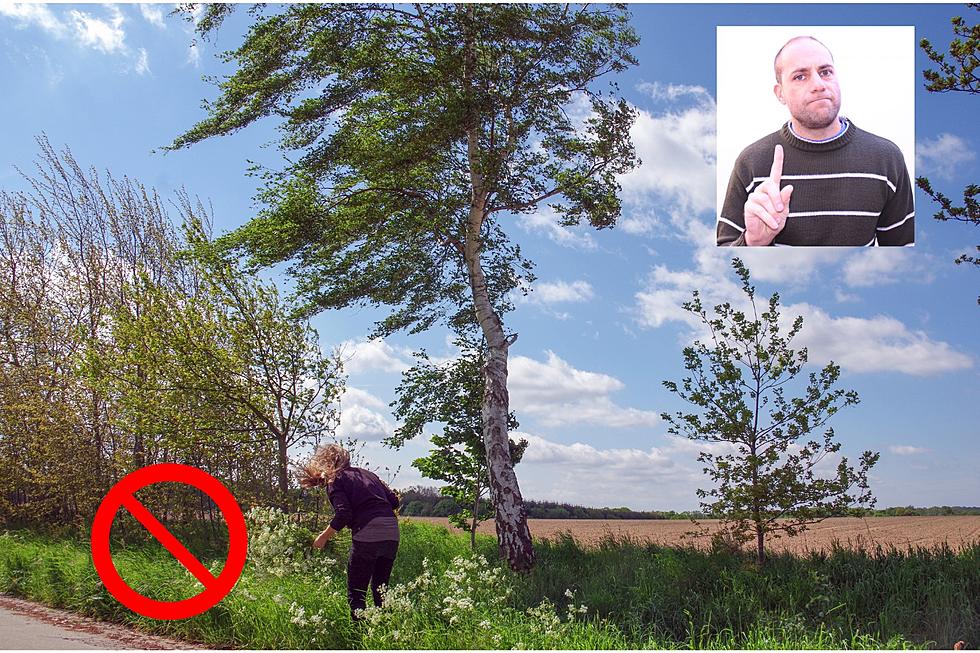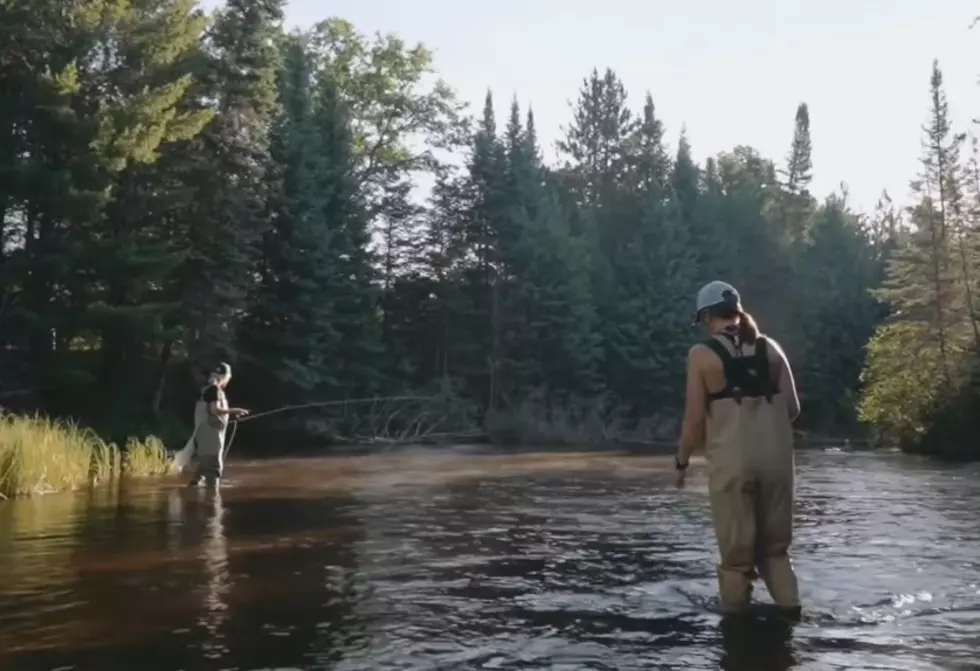
Dead Fish May Show Up Around Michigan By Spring As ‘Winterkill’ Is Exposed
This winter in Michigan featured one of the longest stretches of bitter cold temperatures that the state has seen in decades. That cold, combined with heavy snow over ice and other factors, can kill fish and other aquatic creatures such as turtles, frogs, toads and crayfish. So when ice and snow start to melt in the spring, it’s likely that people will begin to discover those deaths.
"Winterkill is the most common type of fish kill. As the season changes, it can be common in shallow lakes, ponds, streams and canals. These kills are localized and typically don’t affect the overall health of fish populations or fishing quality." Gary Whelan, the DNR Fisheries Division’s research manager.
The most common places to find evidence of winterkill is in shallow lakes with excess vegetation and soft bottoms. When aquatic vegetation under ice and snow dies from lack of sunlight, it uses up dissolved oxygen as it decays, and that helps create fish kill conditions. Canals in urban areas also are susceptible due to run-off and pollution from roads and lawns and septic systems, again using up dissolved oxygen through the decay of vegetation and organic materials in sediments.
“Fish and other aquatic life typically die in late winter but may not be noticed until a month after the ice melts, because the dead fish are temporarily preserved on the lake bottom by the cold water. Once the water warms up, bacterial activity results in the dead fish coming to the surface. Fish also are affected by rapid water temperature changes due to unseasonably warm weather, leading to stress and sometimes mortality.” - Whelan
Anyone who spots fish kills in larger quantities of 25 fish or more are encouraged to report it. It’s important to report observations as soon as possible, allowing fisheries staff to collect the best-quality fish for analysis.
To report, contact the Michigan DNR using the Sick or Dead Aquatic Species form by CLICKING HERE. You can also contact your local DNR office. For more information, visit Michigan.gov/FishHealth
More From 100.7 WITL









